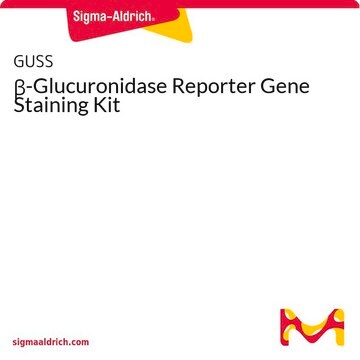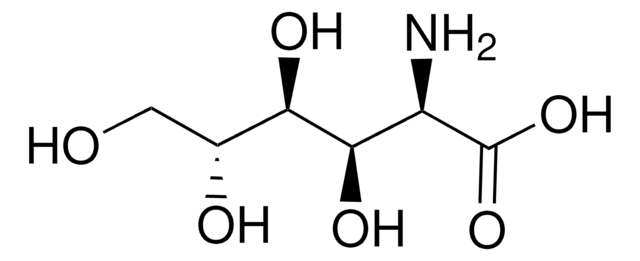907316
GlcA-ABP
95%
Sinónimos:
(2S,3S,4S,5R,6S)-6-(2-(difluoromethyl)-4-(hex-5-ynamido)phenoxy)-3,4,5-trihydroxytetrahydro-2H-pyran-2-carboxylic acid, Glucuronic acid activity-based probe, Glucuronidated metabolite mimic
About This Item
Productos recomendados
Ensayo
95%
Formulario
solid
temp. de almacenamiento
−20°C
Aplicación
Currently in gut microbiome research, access to and differentiation between subpopulations and their relationships to host biochemistry is a challenge. Functional and chemical approaches such as those with GlcA-ABP provide a complementary tool to gene sequencing.
Producto relacionado
Código de clase de almacenamiento
11 - Combustible Solids
Clase de riesgo para el agua (WGK)
WGK 3
Punto de inflamabilidad (°F)
Not applicable
Punto de inflamabilidad (°C)
Not applicable
Elija entre una de las versiones más recientes:
Certificados de análisis (COA)
It looks like we've run into a problem, but you can still download Certificates of Analysis from our Documentos section.
Si necesita más asistencia, póngase en contacto con Atención al cliente
¿Ya tiene este producto?
Encuentre la documentación para los productos que ha comprado recientemente en la Biblioteca de documentos.
Nuestro equipo de científicos tiene experiencia en todas las áreas de investigación: Ciencias de la vida, Ciencia de los materiales, Síntesis química, Cromatografía, Analítica y muchas otras.
Póngase en contacto con el Servicio técnico






